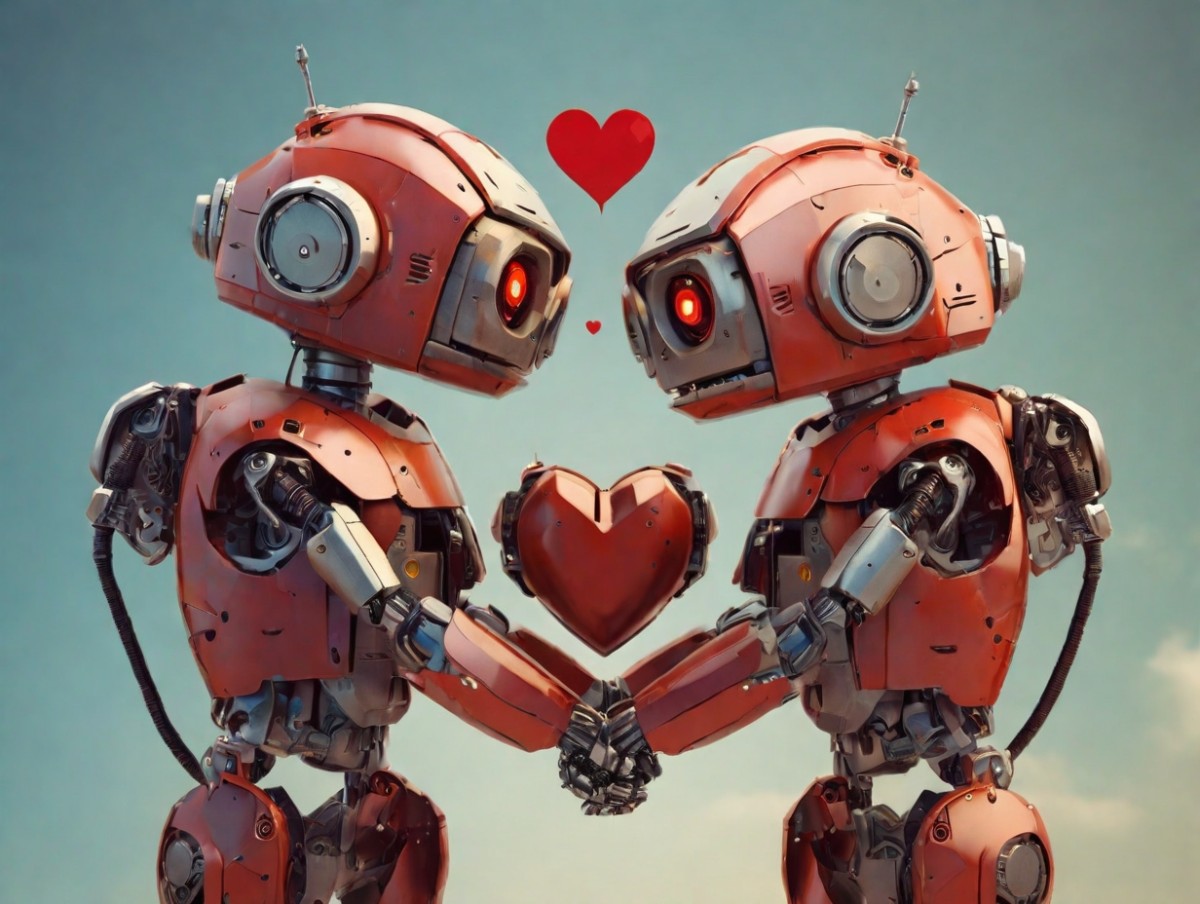The landscape of modern dating has been transformed by the introduction of artificial intelligence (AI), promising to alleviate the fatigue associated with dating apps. However, this technological advancement brings a host of ethical and societal implications that demand scrutiny.
Dating app burnout is widespread, with Americans swiping around 4,000 times over eight months to find a partner, according to a 2023 survey. With 46 percent of users reporting negative experiences, developers are turning to AI for solutions. Innovations such as Bumble’s Deception Detector, aimed at identifying fake profiles, and various AI-powered tools offering compatibility analyses and conversation suggestions suggest a future where AI could level the playing field for those navigating the online dating world.
Yet, this integration of AI into dating apps is not without its pitfalls. Rizz.app, for instance, has emerged as a controversial figure in this domain. Offering a range of conversation starters and pickup lines, the app has been criticized for its sometimes questionable content. Critics argue that the app’s suggestions, which range from charming to potentially offensive, reflect a lack of empathy—a fundamental limitation of AI. This criticism is heightened by the app’s development process, which has been predominantly male-led, raising concerns about bias and the perpetuation of harmful stereotypes.
Ethical and societal implications
The broader implications of AI in dating extend beyond the immediate interactions on these platforms. Experts warn that relying on AI for social cues and relationship advice could exacerbate societal issues, including male loneliness and the objectification of women. The homogeneity of data fed into these AIs can lead to biased outputs, limiting the diversity of interactions and potentially reinforcing negative behaviors.
Furthermore, the reliance on AI for emotional and social guidance is seen as a step back in personal development. Psychotherapists and experts in the field argue that algorithms cannot replicate true emotional intelligence and self-awareness. The shortcuts AI offers, while appealing for their efficiency, may ultimately hinder individuals’ ability to form genuine connections and navigate the complexities of human relationships.
Navigating the future of AI in dating
As AI permeates the dating scene, the need for ethical consideration and regulation becomes increasingly apparent. The current landscape, where AI developments outpace legal and societal norms, poses a challenge. However, it also presents an opportunity for dialogue and improvement. By incorporating a wider range of perspectives in AI development and emphasizing the importance of emotional intelligence, the industry can work towards innovative solutions and respectful of human values.
The rise of AI in dating reflects broader trends in technology’s role in society. As these tools become more ingrained in daily life, the balance between efficiency and ethical responsibility remains a key concern. The potential for AI to enhance the dating experience is significant. Still, it must be pursued cautiously, ensuring that the technology enriches human interactions rather than diminishes them.
Integrating AI into the dating world offers a glimpse into the future of human-technology interactions. While the promise of alleviating dating app burnout and enhancing connections is appealing, the ethical, societal, and personal implications must be carefully managed. As we navigate this evolving landscape, the focus must remain on fostering genuine human connections grounded in empathy and understanding rather than solely on the efficiencies these technologies may offer.





